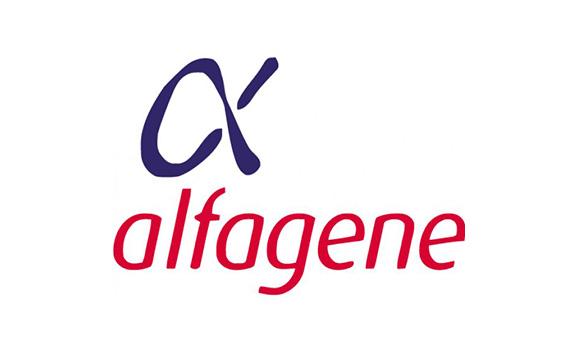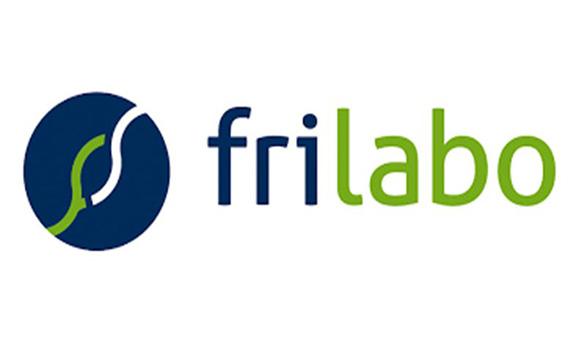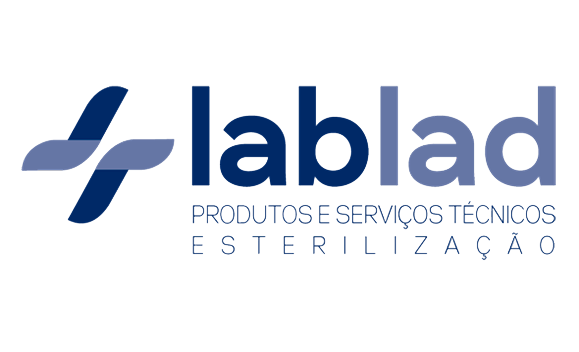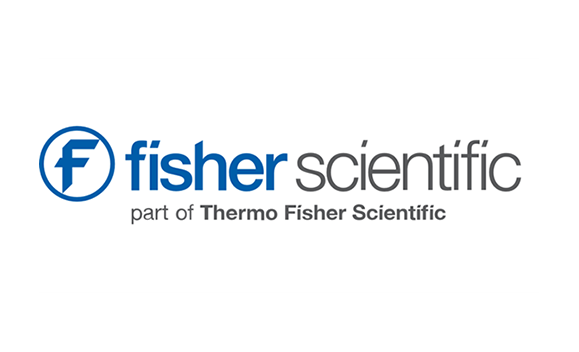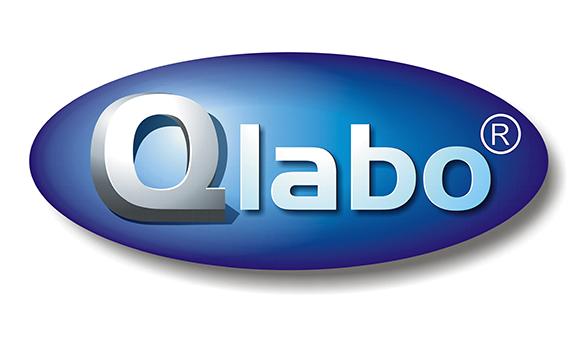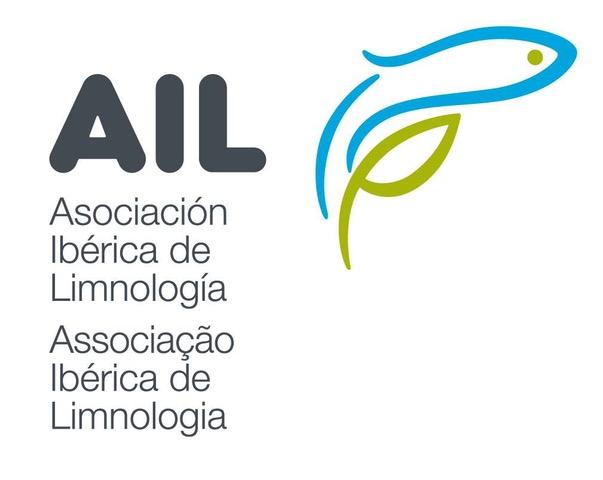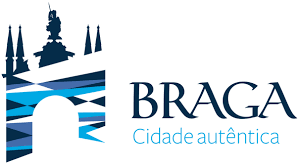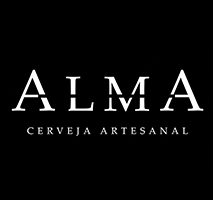Global Change and Terrestrial-Aquatic Connections
Date
May 16th 2022Location
Archeological Museum D. Diogo de Sousa, Braga, PortugalPlenary Speakers

CHRISTOPHER SWAN
University of Maryland

AMY ROSEMOND
University of Georgia

DANIEL VON SCHILLER
University of Barcelona

MIRCO BUNDSCHUH
University of Koblenz - Landau
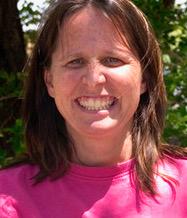
JANE C MARKS
Northern Arizona University
More Info
Welcome to the 9th Plant Litter Processing in Freshwaters Congress Archeological Museum D. Diogo de Sousa, Braga, Portugal from 16th to the 19th of May 2022
Dear colleagues and friends,
After the survey with the PLPF-9 delegates,
The focal theme of the congress is Global Change and Terrestrial-Aquatic Connections aiming to encourage discussions on global challenges related to environmental degradation, climate, biodiversity loss, clean and accessible water for all within the Sustainable Development Goals.
The meeting will be held at the historical city of Braga with a beautiful city center. Braga is half an hour from the Peneda-Gerês National Park, half an hour from the Atlantic coast, and next to the Bom Jesus de Braga, classified as World Heritage site by UNESCO.
We are looking forward to welcoming you to this exciting event.
On behalf of the organizing committee,
Fernanda Cássio and Cláudia Pascoal
Important Dates
Topics
- Biodiversity
- Carbon and energy budgets
- Stoichiometry
- Microbial diversity and processes
- Ecosystem services
- Anthropogenic impacts
- Multiple stressors
- Climate change
- Temporary rivers
- Invasive species
- Ecotoxicological challenges
- Stable isotopes
- Omics
Schedule
Registration 9:00 - 10:30
Coffee 10:30 - 11:00
Opening Session 11:00 - 11:45
Plenary Session with Chris Swan 11:45 - 12:45
Deep Dimensions of Biodiversity and After Life Effects on Ecosystem Processes
Presented by Cristina Canhoto
Lunch 12:45 - 14:15
Regular Session moderated by Eric Chauvet
14:15 - O1. Alencar, Mery: Evaluating the non-additive effects on litter decomposition: a meta-analyses approach compares aquatic and terrestrial ecosystems
14:30 - O2. Seena, Sahadevan: Inter- and intraspecific functional variability of aquatic hyphomycetes and freshwater ecosystem processes
14:45 - O3. Oester, Rebecca: Riparian vegetation affects macroinvertebrate community composition and leaf litter breakdown rates in headwater streams
15:00 - O4. Abelho, Manuela: Does the effect of leaf mixtures on leaf decomposition change along the riparian-stream meta-ecosystem?
15:15 - O5. Rota, Thibaut: Using individual-based traits can change our inference of relationships between shredder functional diversity and leaf-litter decomposition in streams
15:30 - O6. Alonso, Alberto: Effects of plantations on phytotelmata in Northern Iberian Peninsula
Discussion 15:45 - 16:00
Coffee-Break 16:00 - 16:30
Regular Session moderated by Andreas Bruder
16:30 - O7. Gessner, Mark: Microbial colonization and decomposition dynamics of emergent macrophyte and riparian tree leaf litter in the littoral zone of a lake
16:45 - O8. Fernandes, Isabel: Phylogenetics and biogeography of aquatic hyphomycetes based on new ITS rDNA barcodes
17:00 - O9. Anderson, Jennifer: Broad diversity and a distinctive molecular toolkit in the ascomycete genus Tetracladium
17:15 - O10. Mariz, Joana: A novel approach for the identification and documentation of aquatic hyphomycetes diversity
Discussion 17:30 - 17:45
Posters Session 17:45 - 18:30
moderated by Isabel Fernandes
P1. Chauvet, Eric: Distribution patterns of freshwater lichens across 4 European ecoregions
P2. Hungate, Bruce: Bringing the quantitative back to ecology: isotopes + ‘omics = insights
P3. Ramião, José Pedro: Hydrological models can help to improve the design of studies on climate change impacts on plant litter decomposition
P4. Ferreira, Verónica: Colonization and decomposition of litter produced by invasive Acacia dealbata and native tree species by stream microbial decomposers
P5. Oliveira, Ricardo: Intra-specific leaf trait variability controls leaf decomposition of Vitis vinifera L. cultivars in streams
P6. Moretti, Marcelo: Freshwater crabs from Atlantic Forest streams can process recalcitrant leaf litter but prey more on caddisfly shredders with low protective cases
P7. Bruder, Andreas: The collection of aquatic hyphomycete pure cultures at SUPSIs Institute of Microbiology
Welcome Reception 18:30 - 20:30
Plenary Session with Mirco Bundschuh 9:00 - 10:00
Do Chemical Stressors Impact Carbon and Nutrient Dynamics in Freshwaters and Beyond?
Presented by Fernanda Cássio
Regular Sessions moderated by Mark Gessner
10:00 - O11. Batista, Daniela: Can mixtures of micro and macroplastics impact freshwater decomposers?
10:15 - O12. Trabulo, José: How do microplastics and silver nanoparticles affect microbial decomposition of plant-litter in streams?
10:30 - O13. Barros, Diana: A systems toxicology approach discloses distinct mechanisms of toxicity of silver nanoparticles in freshwater microbes with different background
10:45 - O14. Wang, Ziming: Effects of Environmental Stressors on the Optimal N/P Ratios of Microbial Decomposers
Discussion 11:00 - 11:15
Coffee-Break 11:15 - 11:45
Regular Sessions moderated by Arturo Elosegi
11:45 - O15. Canhoto, Cristina: Salt pulses effects on in-stream litter processing: the importance of leaf quality
12:00 - O16. Graça, Diana: Impacts of global change related multi-stressors on the activity of fungal decomposers in freshwaters
12:15 - O17. Bruder, Andreas: Effects of multiple stressors on benthic communities, food webs, and processes in small agricultural streams
12:30 - O19. Gutiérrez-Canovas, Cayetano: Multiple stressors boost river metabolism and greenhouse gas emissions
Discussion 12:45 - 13:00
Lunch 13:00 - 14:15
Plenary Session with Amy Rosemond 14:15 - 15:15
Quantifying Global Change Stressor Effects on the Rates and Fates of Terrestrial Litter Inputs in Streams
Presented by Cláudia Pascoal
Regular Sessions moderated by Verónica Ferreira
15:15 - O20. Danger, Michael: Temperature and nutrient effects on the relative importance of brown and green pathways for stream ecosystem functioning: a mesocosm approach
15:30 - O21. Pradhan, Arunava: Warming reduces functional but not taxonomic diversity of fungal assemblages decomposing leaf-litter in headwater streams
15:45 - O22. Elosegi, Arturo: Plant litter processing in freshwaters drives multiple environmental consequences of a large dam decommissioning
16:00 - O23. Pereira, Ana: Invasion of native riparian forests by Acacia species: implications on litterfall biomass, water N concentration, aquatic decomposers, and litter decomposition in streams
Discussion 16:15 - 16:30
Coffee-Break 16:30 - 17:00
Posters Session 17:00 - 18:00
moderated by Arunava Pradhan
P8. Arias, Rebeca: Are the decomposition rates different between artificial and natural wetlands? The effect of agricultural runoff
P9. Cássio, Fernanda: Interactive effects of microplastics and ciprofloxacin on aquatic microbial decomposers
P10. Cerroti, Francesca: MULTIBEF: Assessing multiscale B-EF relationships in water-filled tree holes under multiple stressors
P11. Alonso, Alberto: Warming overrides eutrophication effects on alder litter processing in streams
P12. Guerra, Alisson: Chlorothalonil fungicide effects on microbial decomposition and aquatic hyphomycetes communities: temperate vs tropical microcosm experiments
P13. Guerra, Alisson: Effects of a common fungicide (Chlorothalonil) on litter decomposition rate and survival of detritivore invertebrates: temperate vs tropical microcosm experiment
P14. Barros, Juliana: Coping mechanisms of freshwater fungi to metals
P15. Jabiol, Jeremy: Pesticide contamination in agricultural streams revealed by integrative chemical, structural and functional indicators
Plenary Session with Jane Marks 9:00 - 10:00
Revisiting the Fate of Dead Leaves in Streams: Lessons from Stable Isotope
Presented by Manuel Graça
Regular Sessions moderated by Marcelo Moretti
10:00 - O24. Moulton, Timothy: Trophic cascades and strong interactions in tropical streams and their consequences for material processing and productivity
10:15 - O25. Cereghetti, Eva: Processing of leaf litter in headwaters over a year: changes in litter quality, decomposition rates and shredder community structure
10:30 - O26. Marchand, Théo: Mandibular Traits along with Resource Mechanical Resistance Explain Consumption of Dead Leaves by Macrodetritivores
10:45 - O27. Pardo, Isabel: Seasonality in alder decomposition in headwaters: interactions among invertebrates, food quality and temperature
Discussion 11:00 - 11:15
Coffee-Break 11:15 - 11:45
Regular Sessions moderated by Manuela Abelho
11:45 - O28. Moretti, Marcelo: No evidence of litter bag shape on leaf breakdown and invertebrate colonization in an Atlantic Forest stream
12:00 - O29. Guerrero-Brotons, Mercedes: Effect of the substrate on litter decomposition and DOM chemical quality in constructed wetlands
12:15 - O30. Gwendoline, David: Effect of salinization and flow velocity changes on leaf litter decomposition in experimental flow-through systems
12:30 - O31. Gómez, Rosa: Effect of salinity on woody litter decomposition and DOM quality in an arid Mediterranean stream
Discussion 12:45 - 13:00
Lunch 13:00 - 14:15
Plenary Session with Dani Von Schiller 14:15 - 15:15
Carbon Cycling in Intermittent Inland Waters
Presented by Tano Gutierrez
Regular Sessions moderated by Dani Von Schiller
15:15 - O32. Viza, Aida: How does flow intermittence affect organic matter decomposition along a Mediterranean basin?
15:30 - O33. Ferreira, Verónica: Leaf litter decomposition along a gradient of stream intermittency in a karst region of central Portugal
15:45 - O34. del Campo, Rubén: Exploring leaf litter decomposition across drying river networks
16:00 - O35. Arias-Real, Rebeca: Fungal biodiversity mediates the effects of drying on freshwater ecosystem functioning
16:15 - O36. Simões, Sara: Hydrological contraction patterns and duration of drying period shape microbial-mediated litter decomposition
Discussion 16:30 - 16:45
Coffee-Break 16:45 - 17:15
Round Table 17:15 - 18:00
Global Change and Terrestrial-Aquatic Connections: What´s on the Horizon?
With Jane Marks, Chris Swan, Mark Gessner, Andreas Bruder, Manuel Graça, Cláudia Pascoal, Fernanda Cássio

